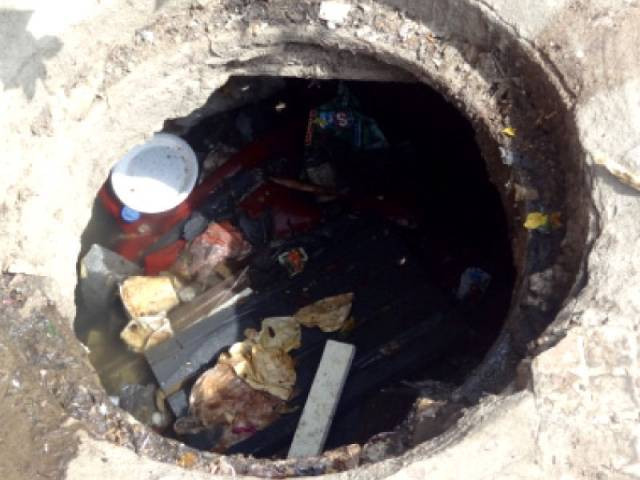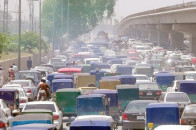Trunk sewer project makes headway
RDA engages state-owned enterprise for feasibility study

The Rawalpindi Development Authority (RDA) has engaged the National Engineering Services Pakistan (NesPak) to conduct a feasibility study for laying trunk sewers on both sides of Nullah Leh to transport the sewage from the city and Cantt areas to the Soan River.
The decision has been taken under the Government-to-Government principle to address the long-standing problem of environmental pollution and flooding in Rawalpindi.
RDA has contacted the Planning and Development Department (PND) for final approval.
This initiative aims to transport sewage from the city and Cantt areas to the Soan River, contributing to a cleaner environment and reducing the risk of flooding.
The project, which is part of a larger effort to tackle environmental challenges, is being approached in phases for effective implementation.
In the first phase, a comprehensive feasibility study will be conducted using funds of Rs48 million approved by the Punjab government. NesPak, a multinational state-owned enterprise, will be appointed as the consultant directly for this study, bypassing the traditional bidding process for contractors. This streamlined approach is expected to save time and ensure the services of a reputable agency.
The second phase of the project involves paving Leh’s middle section to channel rainwater effectively. In the third phase, roads will be constructed on both sides of the nullah, enhancing connectivity and providing an alternative traffic route to Islamabad. This strategic planning aims to alleviate the long-standing traffic congestion issues in Rawalpindi.
The RDA has been entrusted with the role of the executing agency for the Leh project. A PC-2 of Rs48 million has been approved for the initial phase, which will be included in the Annual Development Program (ADP) of the next financial year. The consultant will be responsible for preparing PC-1, and the formal contract award for the first phase will follow the completion of the feasibility study.
The project's significance is underscored by the ongoing challenges posed by the nullah’s open sewage, which has historically led to the loss of life and property during monsoon floods.
According to an RDA official, the decision to address this issue in various phases reflects a pragmatic approach to managing the project's costs while ensuring its timely completion.
The urgency of this initiative was highlighted in the aftermath of the devastating floods in 2001/2, which caused substantial financial losses and loss of lives in Rawalpindi. Previous efforts to address the Nullah Leh problem, including a project started in 2006/7, faced challenges and eventual termination in 2008. However, the current phased approach demonstrates a renewed commitment to solving this critical environmental and infrastructural issue in Rawalpindi, the official added.
Published in The Express Tribune, April 1st, 2024.



















COMMENTS
Comments are moderated and generally will be posted if they are on-topic and not abusive.
For more information, please see our Comments FAQ